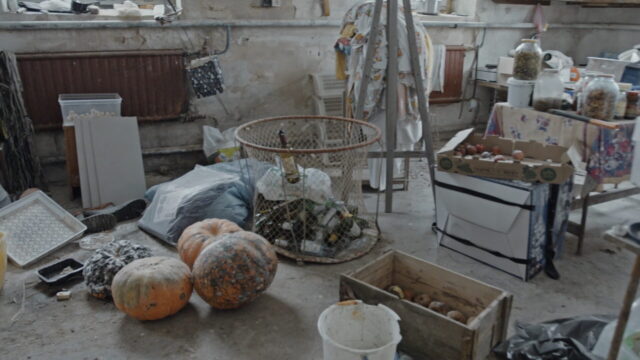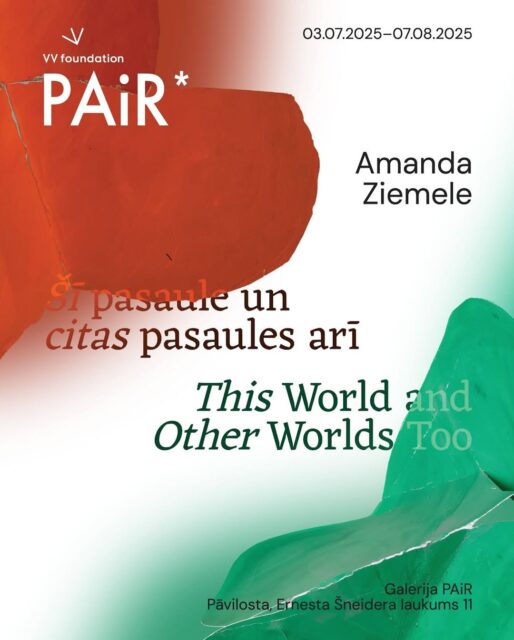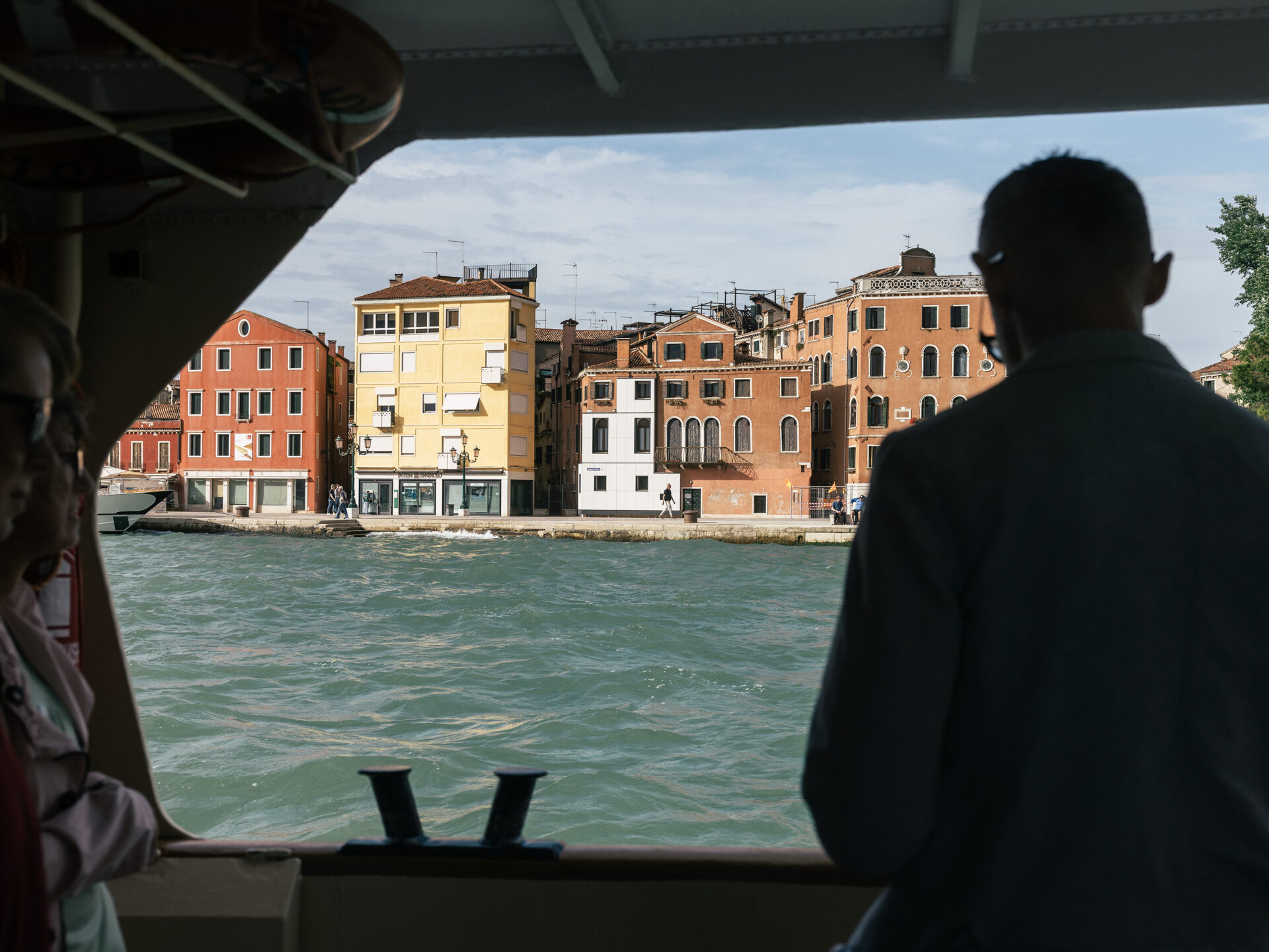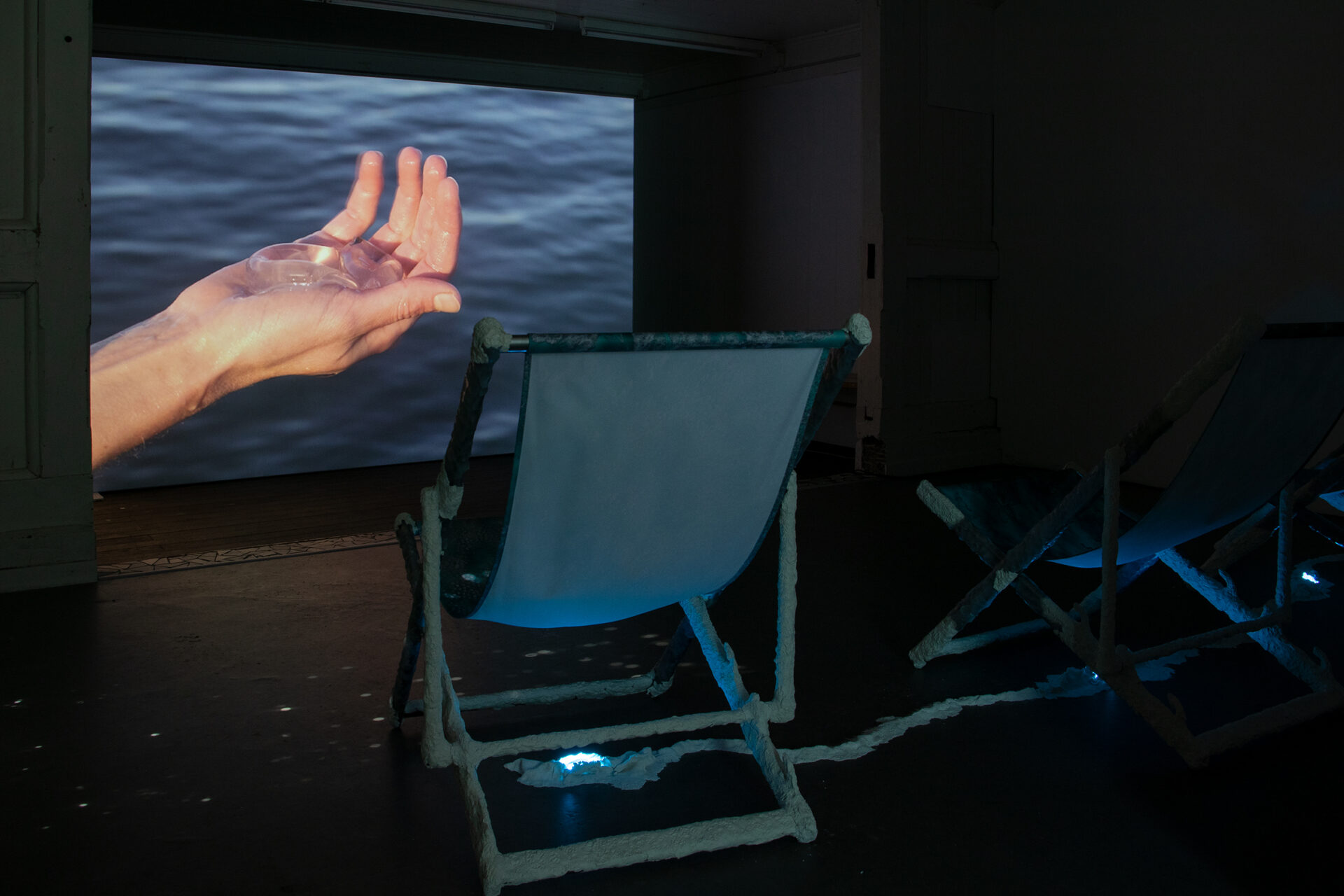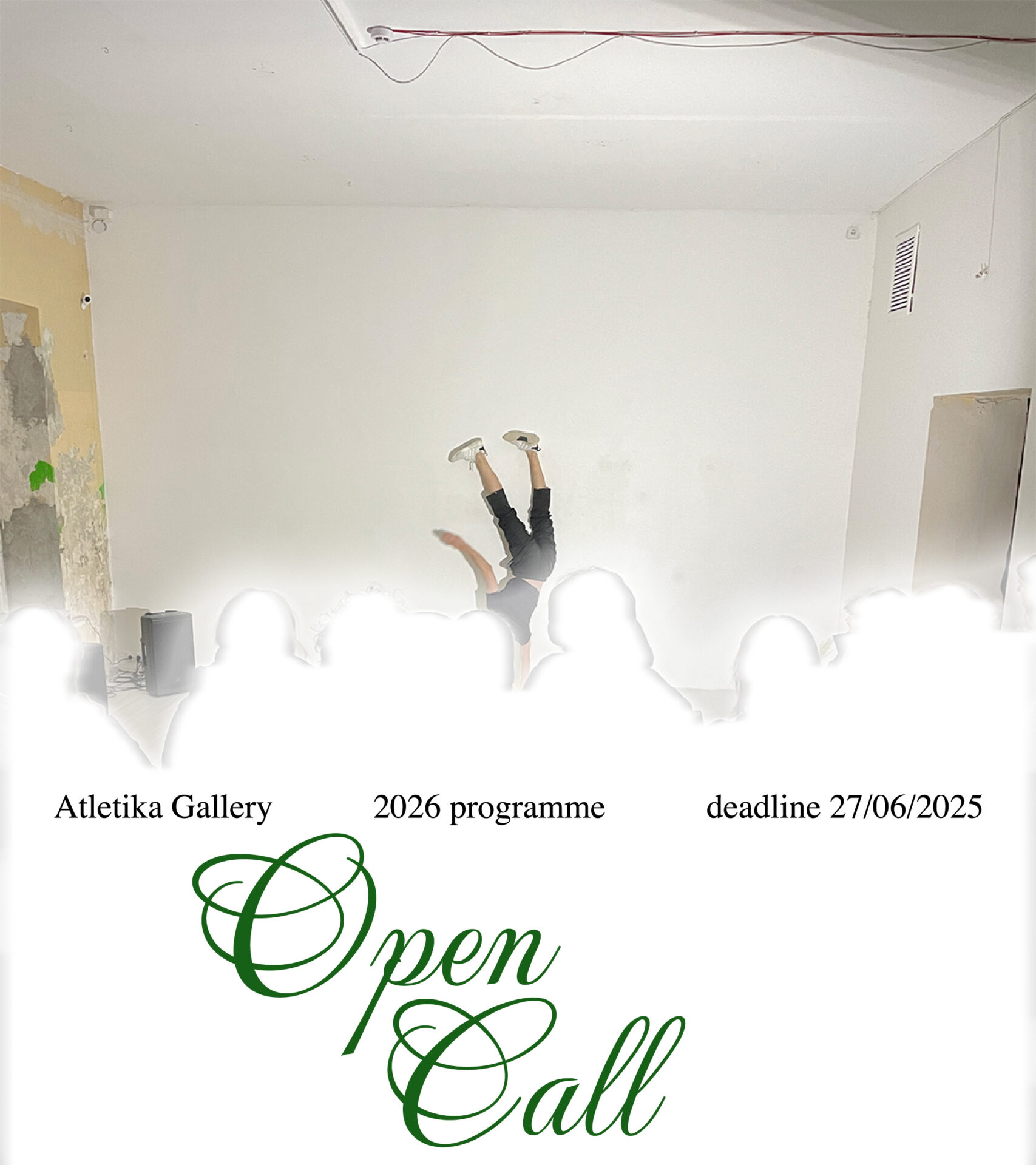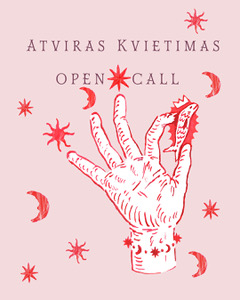Please,
Poetry (Gre. poiesis) is the purest form of making. To make love, pleasure or an absolute disaster, you only need a few well-chosen words. A poetic experience that cannot be comprehended by reason is difficult to name other than pleasure—a feeling of satisfaction and enjoyment.
Denis Diderot, one of the French Enlightenment thinkers best known for his editorial work on the Encyclopedia, which became the Bible of an era, also showed that reason is not always in charge and absolute. According to him, any expression made through art was the truth. He believed that truth in art inevitably carried ethical significance, even (or especially) if it depicted the ugliest triumph of evil or the abuse of vital force. This idea was primarily explored and analysed by Diderot within the realm of painting but the theory itself demonstrates the enchanting and mysterious nature of art as a reality not for reason but for pleasure.
In 1773, he travelled from Paris to St. Petersburg to meet the Empress of Russia and his foremost patron, Catherine the Great. Somewhere between Königsberg and Memel, he wrote a poem dramatically depicting the poetic landscape of the Curonian Spit and the author’s elemental presence. A ten-page text described the coastline of the region through the mythology of Roman poetry and the eroticism of irresistible, celestial-like forces. The confrontation between the lyrical subject and the uncontrollable force of nature is not simply an allegory of the meeting between a philosopher and an authoritarian ruler like Catherine but an expression of the unknown and the risk of encountering a potentially hostile environment. It reflects a presence put into words that could only arise from the absolute boredom of unpredictable determination. That is why the prologue based on this poem, like a mockumentary created from well-collected historical facts and twists of destiny, was truthfully enjoyable as a witty actuality in an age of paralysis.
Diderot’s poetic reflection on his constantly shifting reality, together with the inevitability of constant changes in the geopolitical and psychosocial reality of the region, formed the sub-dramaturgy of the performance. For two evenings in July, ,Bruch‘- (the group behind ‘Coast of Pleasures’) invited bored sightseers to stop at the travelling cabaret located in the tent of local artist Evaldas Šemetulskis, used as a studio and shabby seaside exhibition space. The event was the prologue of the operetta ‘Diderot in Petersburg’, which was presented last summer at Theatre Neumarkt in Zurich and happened as an eclectic presence of historical others. ,Bruch‘- is a travelling cabaret itself, covering the fields of theatre, literature and higher education. It presents itself as a research and creativity structure that showcases its performative works based on materials from the fringes of cultural history, enabling communication between different perceptions. The historical edges of the Curonian Spit were no exception.

,Bruch‘-, Coast of Pleasures, 2024. Nida Art Colony of Vilnius Academy of Arts. Photography: Laima Stasiulionytė
The performance was presented at the initiative of the Nida Art Colony of the Vilnius Academy of Arts as part of the Thomas Mann Festival. For many years, the rigid festival and its audience have been presented as a macabre ideal of cultural formalism in Nida. The event usually takes place in the architectural wish of the cultural-political German expansion to the east, better known as the house of Thomas Mann, a poet who declared meaning is always presented in political terms. The history of the Curonian Spit itself is characterised by particularly frequent changes in its national affiliation. The peninsula has become a place of longing for Lithuanians and Germans, a place of the inevitable past and present for Russians, and a place of capitalistic desire to commodify leisure. Indeed, destiny presents its meanings in political terms but the absurd ability to reflect our intimate impotence to inhabit raises not only the question of how to treat the coasts after our time of pleasure but also how to enjoy temporary pleasures in a politically unsafe environment.
The show ended in a farce, described as arising from the boredom of determined existence. A distressing emotional state that arises from constant instability, much like the mechanical, predictable, and aimless actions of combing one’s hair or shaving a beard in war, can evoke aesthetic admiration as well as the temptation to interrupt. The geography of this boredom creates fugitive spaces that do not depend on their physical locations. These psychosocial spaces are not indifferent, apathetic or insensitive but rather aware, passionate, enthusiastic and overwhelming. Although simultaneously limited, liminal and uncanny, this prologue was one of those safe transit spaces, similar to lovers’ beds or hosts’ kitchen tables we tend to dance on.
The grotesque meeting of Diderot, Catherine the Great, Mann’s descendants and the personification of the Peninsula was similar to a scene from Mann’s short story ‘Luischen’. A vivacious party where, at the climax of the event, an intellectual middle-aged white man, as an archetype of respectability, is turned into the drag persona of ‘Little Lizzy’. The doting husband is transformed into a character whose real attire is not the red silk dress or make-up covering the dishevelled face of a lawyer but rather humiliation and misogyny. She (Little Lizzy), by convention, is classed as unforgivably idiotic and to be held up to public ridicule and They (Little Lizzy and the man underneath), are to be perceived as an ungainly and pathetic ignoramus. Little Lizzy dies together with the clumsy corpse of a man during a musical performance and the political meaning of her truth, which is death caused by humiliation, leaves a proverbial lump in the throat of the reader. Meanwhile, Catherine the Great, played by Lithuanian artist Edvinas Grinkevičius, also known as drag terrorist Querelle, unlike Little Lizzy, deconstructed class power together with the artist New Kyd without the uncategorised species of victimhood or confirmation of already existing categories of the denied, deprived and socially damned. The omnicentric eccentricity of characters and performers acknowledged the aesthetics of dependency and the tense distance of desire.
Adrienne Maree Brown, in her book ‘Pleasure Activism: The Politics of Feeling Good’, poetically described boundaries as the distance at which you can love somebody and yourself at the same time; the ‘Coast of Pleasures’ prologue uncovered geopolitical borders as boundaries of historical lovers. Some magnificent intimate stories have fallen among historical events and their individual matters have become the matter of all. Although the order of the world is nothing but a taxonomy of someone’s sexual preferences, financial deductions and personal ambitions, our destiny rests on the notion that the world is deeply interconnected, such that one small occurrence can influence a much larger, complex system. If not a change of political forces, someone shaking out their bedsheets can, hypothetically, cause a poem.
My pleasure,
I.

